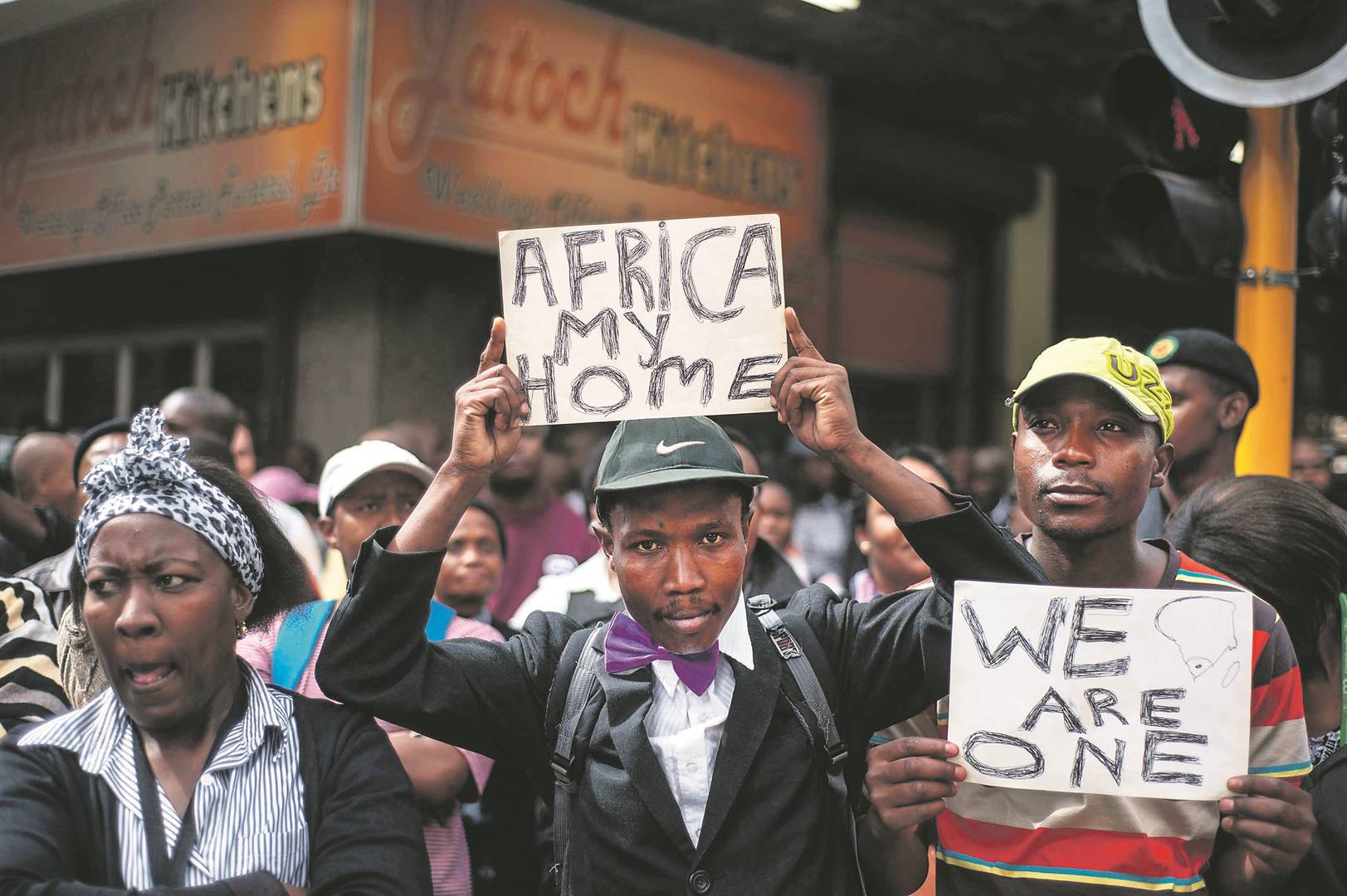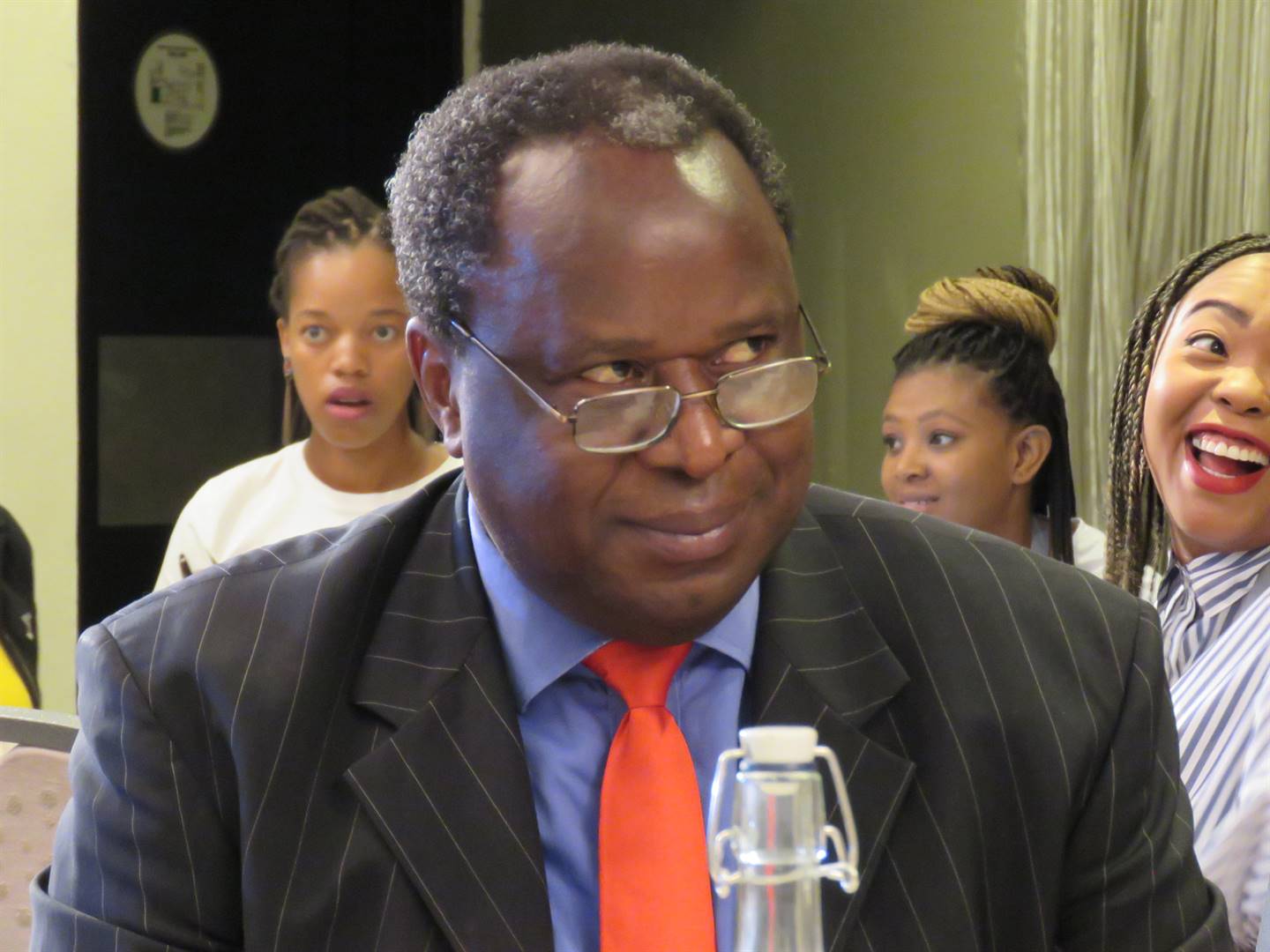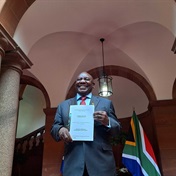
It has been reported that Finance Minister Tito Mboweni has suggested that businesses that wanted to secure government financial aid due to the Covid-19 coronavirus pandemic should hire more South Africans.
The question of employing locals or foreigners has been an issue for many reasons. The most pronounced has been the exploitation of the vulnerability of our brothers and sisters from across our borders by unscrupulous employers. Mboweni might indeed have a valid point and his sentiments deserve some measure of serious attention.
Other African countries have strong barriers for non-nationals who are looking for jobs or want to set up their own businesses. The citizens of those countries are always given preference.
We have heard about how foreign nationals have put pressure on our school and health systems. We have heard how some contribute to the high levels of crime in the country.
Not so long ago, hawkers in Johannesburg who were foreign nationals openly fought with the police when they sought to enforce law and order.
We have had vicious public debates about the issue of xenophobia and what some termed dangerous propositions that appeared to border on encouraging antagonism towards foreign nationals. We have had repeated outbreaks of what appear to be xenophobia-motivated attacks in our communities.
Our village and township economies, domestic work, the hospitality industry and farm work are probably the most affected sectors. Not long ago, a court had to pronounce on the issue of access to basic education for children of foreign nationals.
In the main and in this context, when we talk about foreign nationals, we are referring to Africans, most of whom are in this country because of the dire socioeconomic conditions and political challenges in their own countries.
We are afraid to talk about European and other foreign nationals who are the true burdens on our country.
The Covid-19 pandemic has finally forced us to reinstate some of the dreaded measures of border control, including fencing our borders, in our quest to save our own and ensure people from other countries do not bring the virus in with them. We cannot fault our government for such extraordinary measures in these difficult times.
The “us and them” debate relating to our African brothers and sisters has always been misplaced and disjointed. The real issue has, in fact, not been about whether they should be here or not and benefit from our freedom or not – rather, the issue has always been how to strike a proper balance between the competing interests and obligations each country has towards its citizens amid grinding poverty, hunger, economic hardship and political instability.
The starting point of any meaningful debate on this matter must always be, and should always have been, whether our continent shares the same values towards its people.
Some countries are already clear appendages to others and cannot exist without their immediate neighbours, even when things are “normal”. Some have experienced unprecedented human tragedies that cannot be ignored simply because we want to protect the interests of our own.
The debate Mboweni has started is a valid debate only if it takes place within the proper context and appreciates the realities of centuries of colonialism, years of apartheid bigotry and the unprecedented abuse of human rights across the continent, either at the behest of former colonial masters or bigoted African leaders who led their countries into war zones and corruption dens.
The debate must start with these questions: Why is Africa so impoverished despite being so well endowed with mineral wealth, and why do former colonial masters remain in charge years after the independence of those countries?
South Africa is no exception to the continued subjugation by its former colonial masters and the effects of decades of apartheid. On the face of it, it might appear better because of its entrenched constitutional system and relative economic power and stability, but, in real terms, it is no less different to many other African countries.
The triple threat of poverty, inequality and unemployment is the new terrain of struggle. Our economy remains dependent on former colonial masters and new pretentious friends who are the new economic slave masters.
Covid-19 has exposed us once more as a shell dependent on hand-outs and loans, as is the case in many African countries. Our own might not emigrate in search of a better life, as our brothers and sisters from other African countries do, but they will suffer a similar fate in their own country.
The pandemic has led to a jobs bloodbath when unemployment was already at an unacceptable level. More companies and employers are folding every day, leaving millions in abject poverty. The faultlines, as in many other countries on the continent, are showing and many citizens have become even more dependent on government.
The pressure is piling up and those who suggest that there is a risk of civil instability are not far off the mark.
In this context, Mboweni has a point, but still misses the real issue. The situation will not change even if we bar other Africans from being employed or give preference to locals.
On the contrary, we are better off harnessing the collective efforts of all Africans to build an African economy free of exploitation by the common enemy of the African people.
Our economy cannot grow and develop unless it is properly repurposed to focus on this continent and the proper exploitation of our own endowments for the benefit of the continent. Our main constraint remains our dependence on our exploiters, who have trapped us in their economic, social and political systems.
If we continue to depend on our former slave masters and agree to the subjugation by the cohort of new slave masters, we will forever believe that there is something wrong with our own.
Nothing says that we cannot build a common value system as a continent that will reject some of the criminality we have seen brought to our shores by those whose interests are simply to be criminals. This cohort hardly represents the true African citizen and cannot be the benchmark of our future.
The image of a Rooivalk helicopter rescuing a pregnant mother from a tree during floods in Mozambique, the special dispensation given to Zimbabweans during the crisis in that country and the many refugees in our country represent the true character of who Africans should be
Mannya is an advocate, writer and executive director of legal services at Unisa
 | ||||||||||||||||||||||||||
Get in touchCity Press | ||||||||||||||||||||||||||
| ||||||||||||||||||||||||||
| Rise above the clutter | Choose your news | City Press in your inbox | ||||||||||||||||||||||||||
| City Press is an agenda-setting South African news brand that publishes across platforms. Its flagship print edition is distributed on a Sunday. |




 Publications
Publications
 Partners
Partners









